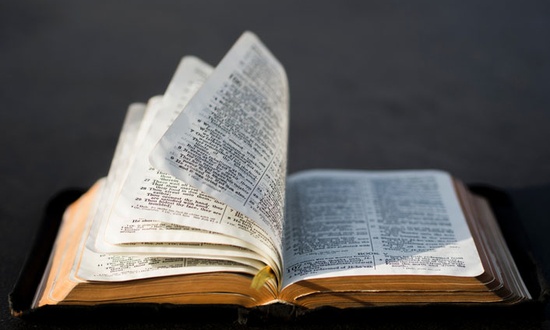Question from a reader:
I have always viewed the true riches offered as a reward to the faithful steward in Luke 16:11 as both a present and eternal reward. Am I off base in my position?
Answer from Randy Alcorn:
God rewards us in various ways in this life, including the internal personal blessings of contentment, joy, etc., and certainly sometimes materially, as Jesus made clear in Luke 6. A person can enjoy the material benefits of his work. I just think God has different reasons for entrusting wealth to us than we sometimes assume (e.g. health and wealth gospel vs. enabling us to give more). For example, 2 Corinthians 8:10-11:
He who supplies seed to the sower and bread for food will supply and multiply your seed for sowing and increase the harvest of your righteousness. You will be enriched in every way to be generous in every way, which through us will produce thanksgiving to God. [emphasis added]
Why does God supply the seed? So we can eat it, or sow it and increase the harvest? Certainly he provides “bread for food,” and that is the blessing of providing for our needs and even a reasonable level of wants here and now. But too many of us eat the seed he intends us to plant for a harvest in our character and kingdom expansion.
Just as some passages emphasize reward here and now, others emphasize reward to come when we’re with the Lord. For example, the“well done, my good and faithful servant” passages are not now but at the future judgment when we enter God’s presence and eternal joy. Though of course, we can sense his “well done” here and now every time we honor Him, and that is a short-term reward.
In Luke 16:9-12, the “true riches” passage, I think the emphasis is on future reward because of the parallel of the unrighteous steward’s term of service being over, and our term of service on earth being over.
The master commended the dishonest manager for his shrewdness…And I tell you, make friends for yourselves by means of unrighteous wealth, so that when it fails they may receive you into the eternal dwellings. One who is faithful in a very little is also faithful in much, and one who is dishonest in a very little is also dishonest in much. If then you have not been faithful in the unrighteous wealth, who will entrust to you the true riches? And if you have not been faithful in that which is another’s, who will give you that which is your own? [emphasis added]
Certainly the passage has a timeless principle that is true in this life, as I point out in Managing God’s Money. If your father can trust you to clean your room, he determines he can trust you enough to take care of a bike or a dog. If an employer can trust you in the little thing, he will promote you to handle the big thing. But the true riches of the passage, I think, will be serving in Christ’s kingdom (where eternal dwellings will be), entrusted with the care and benevolent leadership of people.
As friends welcome him here and now into their dwelling places, we’re told friends will welcome us into “eternal dwellings.” That can’t be here and now, though when people are touched by our lives here they certainly can open their homes to us and often will. But the emphasis of the passage is on the eternal rewards of reigning with Christ in his kingdom. As is usually the case in Scripture, what has eternal implications has implications now, and what has temporary implications now has eternal implications. Some passages emphasize the there and then, while others the here and now.


